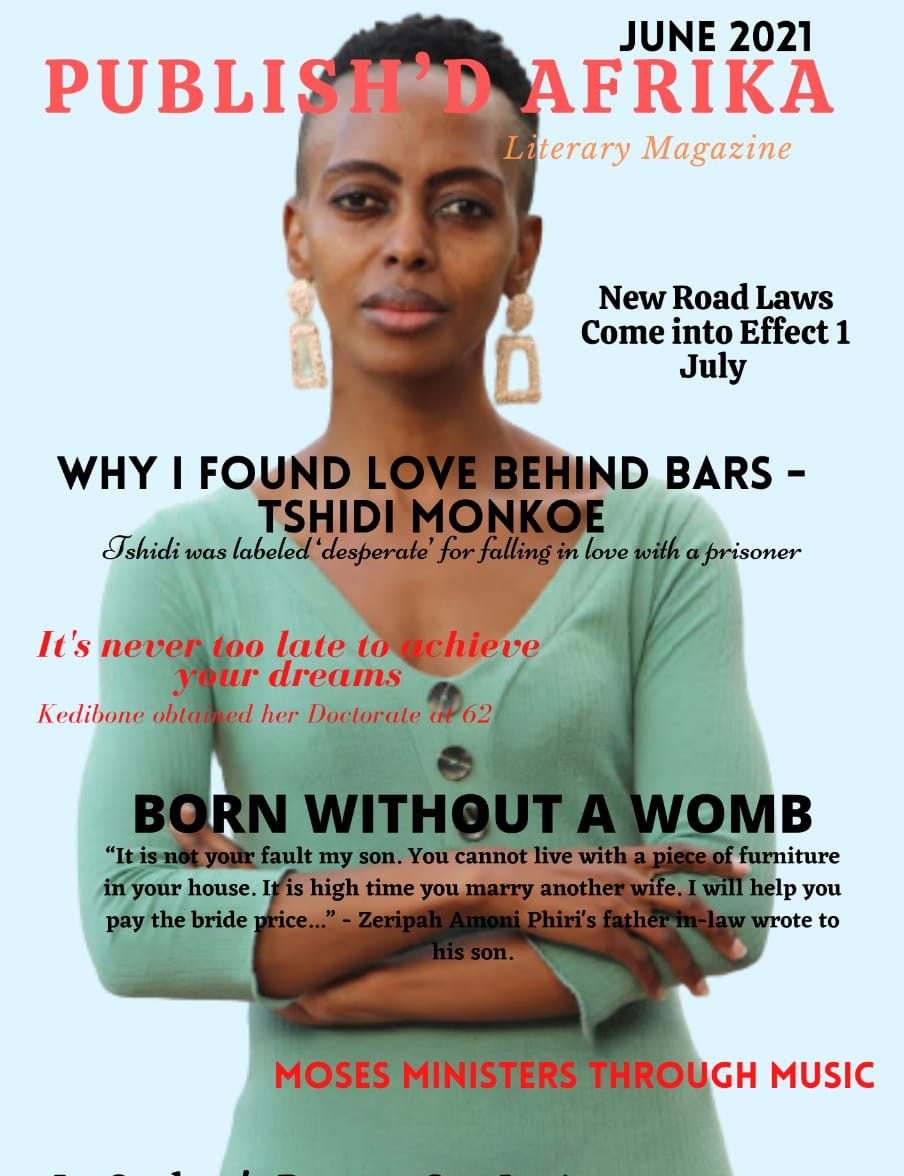
In November 2016 I met Durban photographer for KZN Literary Tourism and clothing entrepreneur, Sbo Dladla, who engaged me in conversation about my writing work. I told Sbo about the competitions I’d entered, how my place in these, by default, consistently seemed to be second, or runner-up. He tilted his head at me sympathetically, but challenged my defeatist stance.
‘Stop telling yourself you’re always second,’ he said. ‘Believe in a different possibility, and I’m telling you it will happen.’
Something in his advice struck a chord in me. Within a few months I won the Wilbur and Niso Smith Foundation Award for Best Unpublished Manuscript for my latest novel, The Hum of the Sun. I saw Sbo again soon afterwards at a Durban literary event and thanked him for his advice concerning my perspective.
‘It worked!’ I told him. ‘I came first in a competition. I actually won.’
Winning such an award does change things, but not in the ways people expect. I didn’t become instantly famous, no publisher came knocking on my door (I still had to do the door-knocking myself), and my previous novels are still most often accessed off library shelves. The change is a subtle shift, and lies primarily in the affirmation that that dream you have always had, the conviction and the love of craft that you have dedicated so much time to, has not just been a fanciful whim, and that others have seen some value in your work.
The external value, for that inaugural year of the competition, was an amount of R50 000, which was to be used for travel and research, and to take some time from my day job to write. The prize’s purse for the unpublished section of the competition is now £5000 – around R92 000. This is a significant opportunity for any writer, and nothing would please me more than for another African writer to claim this.
I travelled, on the prize, to Barcelona to chase art and beauty, and to Ireland to find the echoes of the Irish Anti-apartheid movement. These pursuits now lie roughly combined in a still-awkward draft of another novel. The greatest gift the prize afforded to me was this time to write. Nobody understands a writer’s need for solitude and the preciousness of writing time better than other writers. The Hum of the Sun was accepted for publication by Kwela Books and published in 2018, and I hope that winning the award has put some weight behind the marketing of the book. Fiction in South Africa is not easy to sell.
I don’t pride myself on giving advice. Each person takes in life according to their unique needs, but I can share the following general writing guidelines that I adhere to when preparing a manuscript for submission:
Don’t be a chancer. Make sure that your work fits the criteria outlined in the guidelines or on the website. If the genre is specified, make sure your work fits that genre.
Each competition or publishing house has its own character and identity. Do an edit with this in mind. Look at your work again and ask, how will my work be viewed from this particular perspective? Will it challenge the status-quo? Is my work a good fit? Am I contributing anything fresh or new here?
Edit your manuscript diligently for extraneous words and empty phrases. Take out unnecessary words that pepper the work of inexperienced writers such as ‘only,’ ‘just’ and ‘then.’ When a word adds nothing to a sentence, kill it.
Read your work aloud. Good writing has an underlying rhythm and flow that sounds easy on the ear and satisfies the brain. Does your writing read well? Can you enjoy listening to the sound of your own language, your own work?
While reading, check your own emotional responses. If a section made your eyes prickle when you wrote it and you find yourself swallowing a lump every time you read it, it will probably evoke a similar emotion in potential readers. If a passage in your manuscript bores you, it’s probably boring. Rework it, or take it out.
The time for self-indulgence is in the first draft – don’t be precious about anything after that. Strive for a reader’s objective view and edit accordingly. We live in a time-starved world. Value the time of readers and competition judges as highly as you value your own time. Give them only your best effort, and improve your chances of getting more of their attention.
Once you submit, let it go. Get working on your next project. Writing is like fishing – the more lines you put out, the greater the chance of getting at least one satisfying catch. There will be lots of empty casts and near-misses. Do the work, and let the rest take care of itself.
Now whenever Sbo pops up on my Facebook feed or I spot him at the occasional event, the encounter, for me at least, glimmers with the knowledge of the mystery, and wonder, and the possibilities underlying all the chances we take in life. These, and their connection to our very flawed and earth-bound human existence, are surely amongst the most important reasons we write.
*Kirsten Miller has also since won the 2018 Minara Aziz Hassim Literary Award for her unpublished novel, Comfortable Skin.

